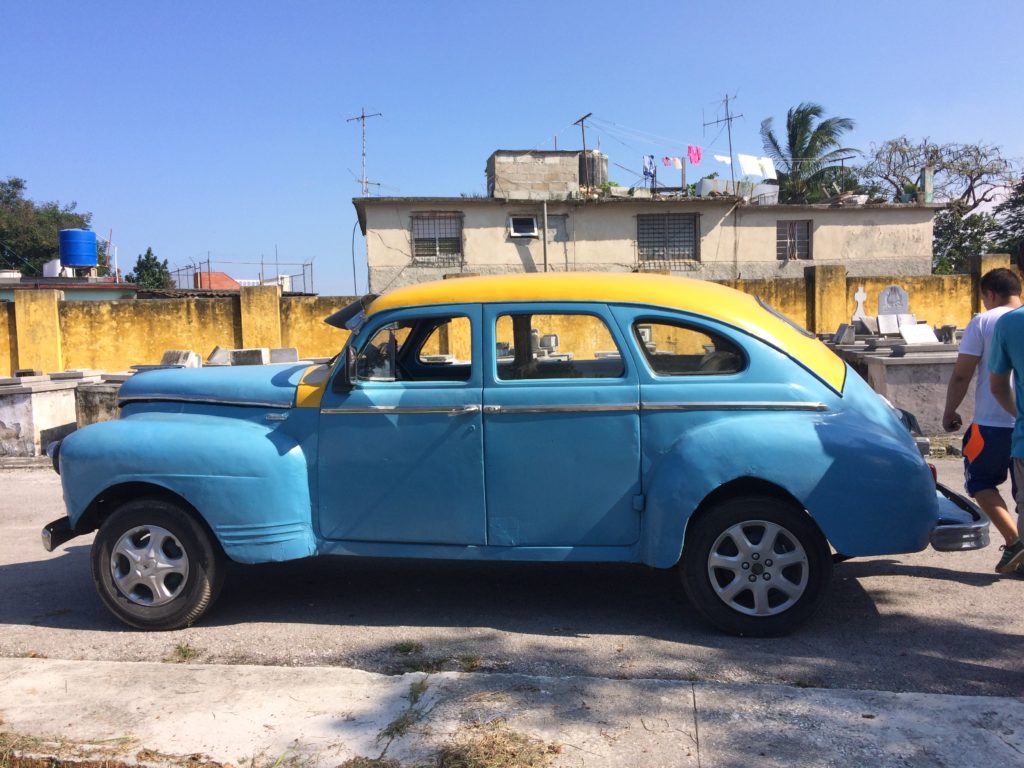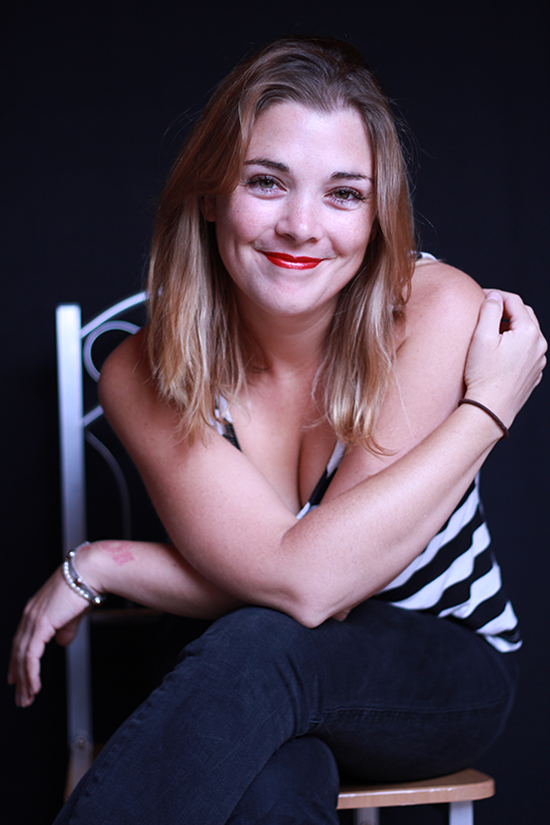In September last year, I spent a month seeing if I could survive in the sharing economy in London. It was hard. However, one of the reasons it was so hard was I was traveling. I only had a backpack and laptop with me, so I could not leverage the two profitable areas of the sharing economy — stuff and space.
Fast forward a few months, and the experiment has had a crazy impact on my life. It seems people are really interested in how the sharing economy can become part of your lifestyle and I’m being asked (a lot) whether I think it is possible to survive in the sharing economy. The thing is, I don’t really know if I can answer whole-heartedly one way or the other. Without utilizing my space and my stuff, I only tested a part of the market.
So it seems that another experiment is in order, and this time I am not so interested in if you can just survive in the sharing economy, but if you can actually thrive. Can I create ostensibly a "cost-neutral lifestyle" where my expenses and earnings in the sharing economy balance each other out? Can I be self-sustaining just by using the sharing economy?
Each month, I will be exploring one sector of the sharing economy from stuff to space to skills. But, to start this grand adventure, I needed to look at something that I don’t look at very often — my bank account.
Expenses
After nine months of back-packers, friend’s couches, and dodgy apartments, last year I spent practically nothing on accommodation. So, as I sat in the real estate agent’s office with a pen in hand, a bolt of fear struck my heart. A two-bedroom place in the inner west is going to cost me and my boyfriend over $34,000 in a year, half of which I need to come up with.
Then there are expenses like electricity, gas, Internet, mobile phone plans, food — my share being at least $300 per month. There is transport and decisions like do we buy a car or spend the money on public transport and the occasional taxi?
Cringing and peeking through my fingers, I also see my guilty expenses: new clothes, take-away food when I am too lazy to cook, and going out with friends who I haven’t seen for so long. It practically glares at me in black and white. I don’t want to deny myself these things, but they also add up to ridiculous amounts that I seem to hardly notice.
I am using a great app called Pocketbook to keep track of my spending. Below are the results for the last 14 days (with a few caveats).
Caveats:
-
Travel is a little high, as I booked flights back to Perth (on the other side of Australia) to visit my parents in April.
-
Home is a little high, as we just moved into a new house so have been spending a little bit more on buying food supplies and the odds and sods.
-
Bank charge is the annual fee for my credit card.
-
Utilities are a bit high, as I upgraded to a new phone (and this was offset by selling my phone for $290).
Making Money
Then there is the other side of the equation: How can I make money to pay for my expenses? Thankfully, after my experiment in London last year, I sat down and wrote a book about the ways you could make money in the sharing economy. In the book, I ask the reader to answer a whole bunch of questions like:
-
Is your whole house filled with a bunch of stuff that is too good to throw away but you don’t really need?
-
Do you have a spare room? Or are you going on holiday soon?
-
Do you have a nice office space in your home?
-
Do you have a place where people can store items?
-
Do you like cooking?
-
Do you have too many clothes in your wardrobe and nothing to wear?
-
Do you have a car that you hardly use?
-
Are you handy or have some spare time?
-
Do you like to paint, draw, or do craft?
-
Do you love animals?
So I asked myself the same questions and came up with some quick answers.
Despite throwing away so much stuff before I put everything into storage, I definitely have stuff that I just don’t use anymore — that I can sell or rent out to people. I am lucky enough to have a spare room so, with a bit of encouragement, I might be able to convince the boyfriend to let me put in on a home-stay platform. I definitely have some spare time and I love people, so maybe I can teach, baby-sit, or even do tours of my favourite parts of the inner west. I have photos from my travels from exotic places like Cuba and Switzerland that maybe will make great art that I can sell on Etsy. And I have an embarrassingly large wardrobe full of clothes that I am sure people could make more fashionable than me.
The more I think about it, the more I realize that I have a lot to share and not just my stuff — also my ideas, knowledge, and stories. And I’d like to share them with you. So, if you are keen to follow my progress in The Chelmsford Street Story, I will be posting a weekly blog and trying to put together some kind of summary article each month. You can also download my book How to Make Money (and a Whole Lot More) by Sharing for free until February 15.
I’m excited about the journey ahead because, whether the experiment is a success or a failure, I know that sharing makes me happy.









